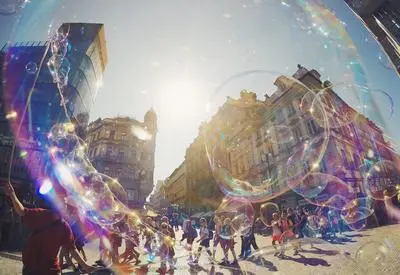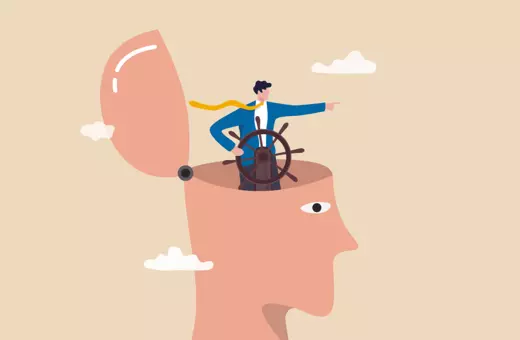The pandemic brought out a key contradiction at the heart of human nature.Different living arrangements meant that those stuck on their own during lockdowns felt a profound sense of isolation, while those who were living with family lost any sense of personal space and independence. Neither arrangement was ideal – humans are social beings who at the same time crave independence and freedom.
 SUGGESTED READING
Being With Others
By Thomas Dumm
SUGGESTED READING
Being With Others
By Thomas Dumm
Modern life has meant many of us inhabiting big cities are increasingly living away from our families and the communities we might have grown up in. Some see this as a sign of liberation - a conscious, free choice many of us have made, rejecting a more traditional lifestyle that involves intergenerational cohabitation, or at the very least living and working in the town we grew up in. At the same time, mental health practitioners are documenting an increase in phenomena like anxiety and depression, and the suggestion is that this might be linked to a sense of social isolation. So, what is to be done by this realisation? In a debate last month at HowTheLightGetsIn festival in London, the novelist and essayist Jane Teller, the Booker Prize nominee Sophie Ward, and psychiatrist Stephen Priebe disagreed over whether the sense of isolation in modern city life is a conscious choice on our part and a worthy price to pay for our independence, or whether we have involuntarily lost something necessary for human happiness in leaving behind us more communal forms of life.
___
"We are embodied individuals, our consciousness is part of our bodies. We understand each other best when looking at each other, smelling each other, touching each other, rather than interacting merely through screens."
___
Sophie Ward kicked off the discussion with a diagnosis of the direction of travel of life for young people living in Western countries today. For them, Ward argued, life is lived for the most part online and what is still referred to as "IRL", real-life physical interaction, is nothing but a brief interruption of their online existence. Given the trajectory of things in Silicon Valley and the pending transition of the internet to the metaverse, things for Ward seem to be heading towards a dystopia-like future along the lines of novels like Fahrenheit 451. At the same time, she reminded us of a lesson that the pandemic taught us: "We are embodied individuals, our consciousness is part of our bodies. We understand each other best when looking at each other, smelling each other, touching each other, rather than interacting merely through screens."
Jane Teller focussed her intervention on the question of choice, and the extent to which the solitary urban lifestyle of many people today is something foisted upon us, or whether it’s something we have ended up with as a result of having the freedom to choose this lifestyle, whereas previous generations or other cultures weren’t presented with a choice in the matter. When a traditional, communal, family-oriented form of life is the only choice available it hardly seems appealing compared to the freedom of moving to a different city, or to a different country, and setting up a life there from scratch. Also, freedom to choose different forms of life, argued Teller, doesn’t mean freedom from people – it simply means the ability to choose the people we want to be dependent on and responsible for, rather than tradition and custom choosing for us.
___





















Join the conversation